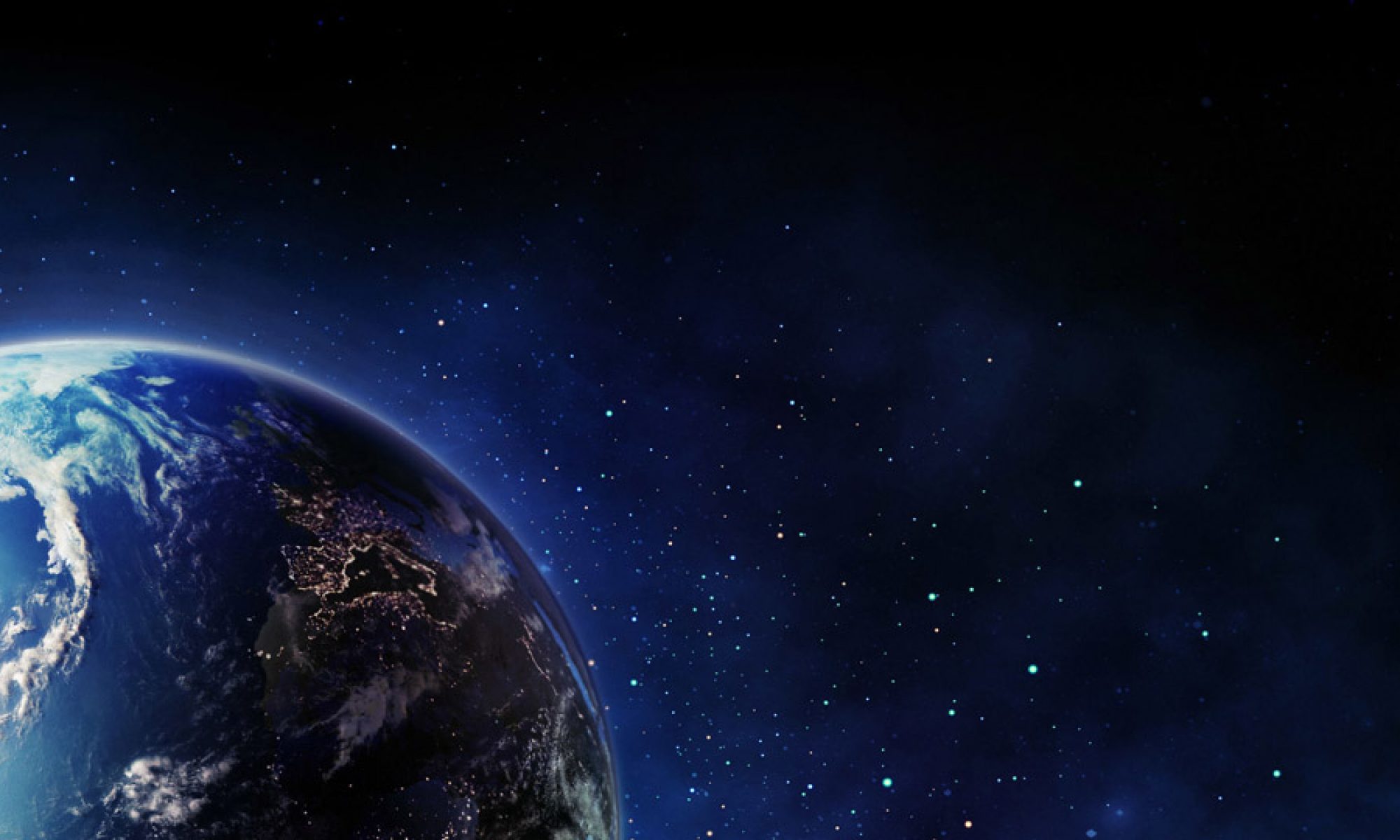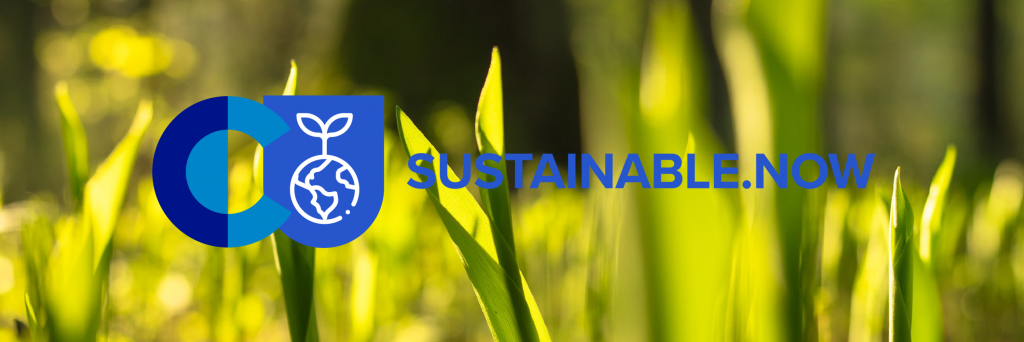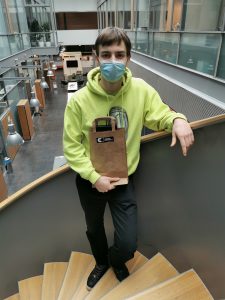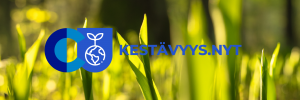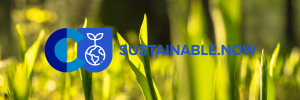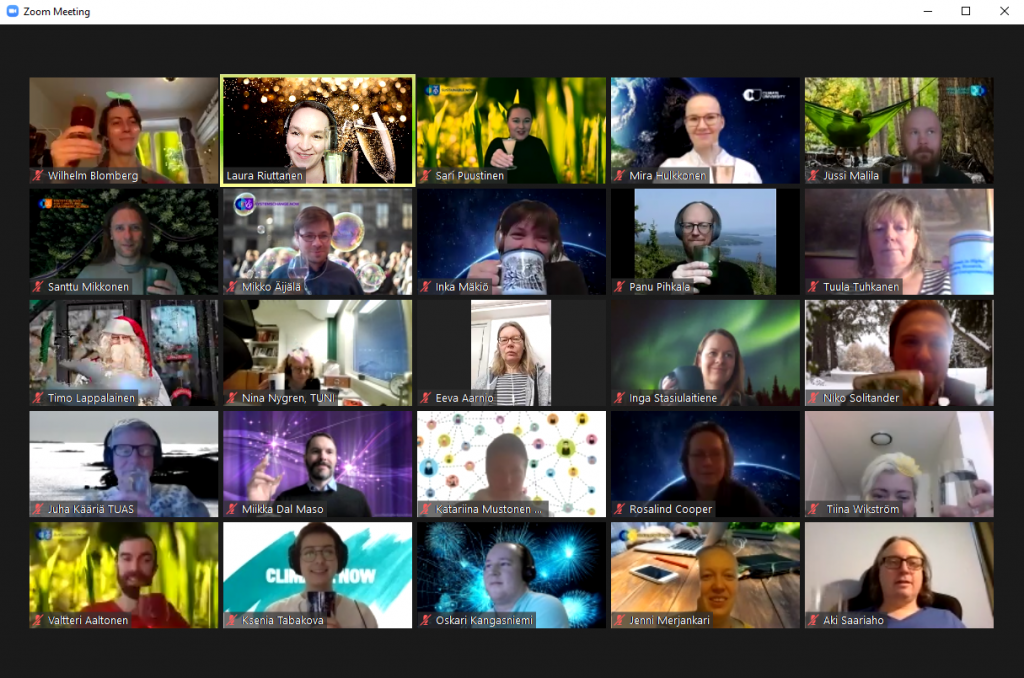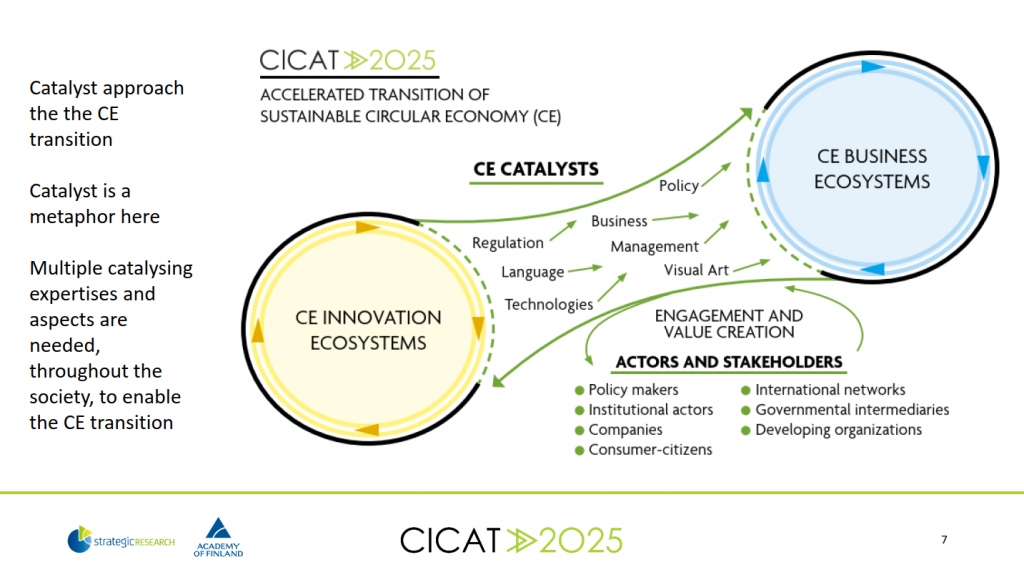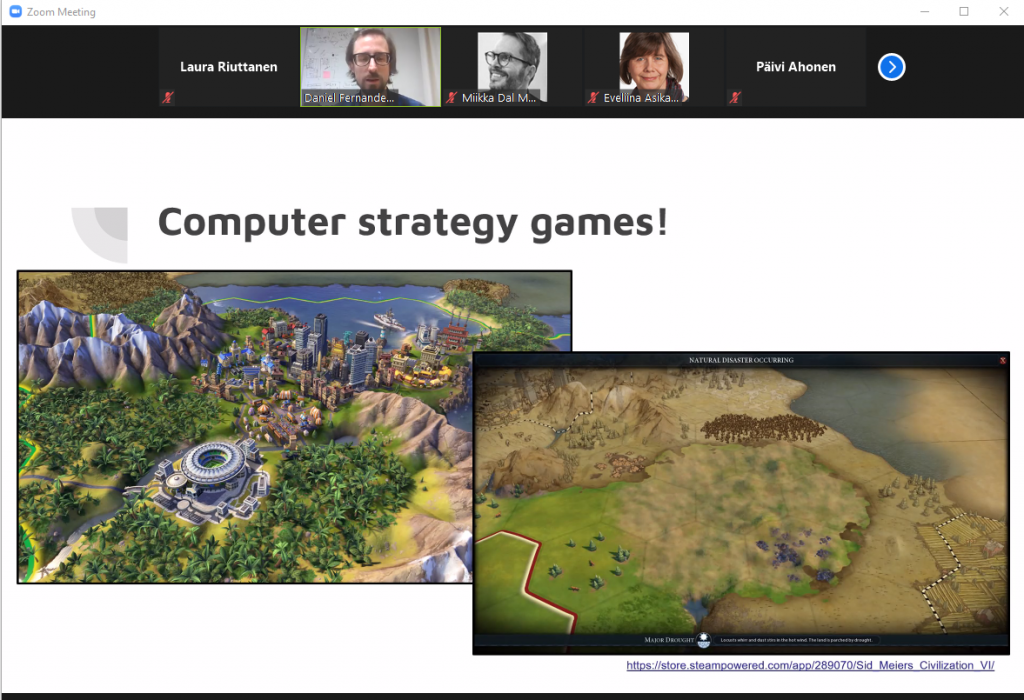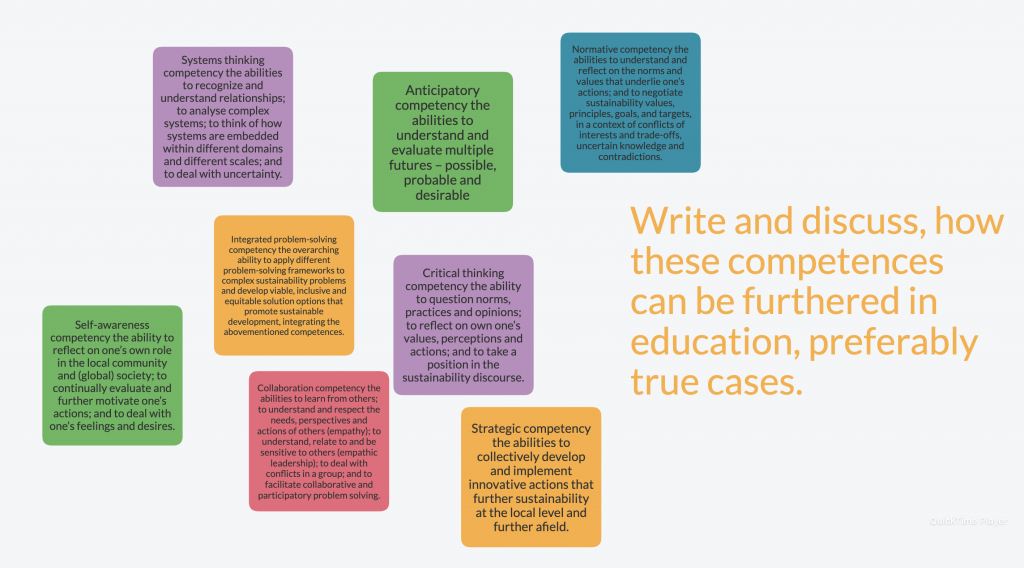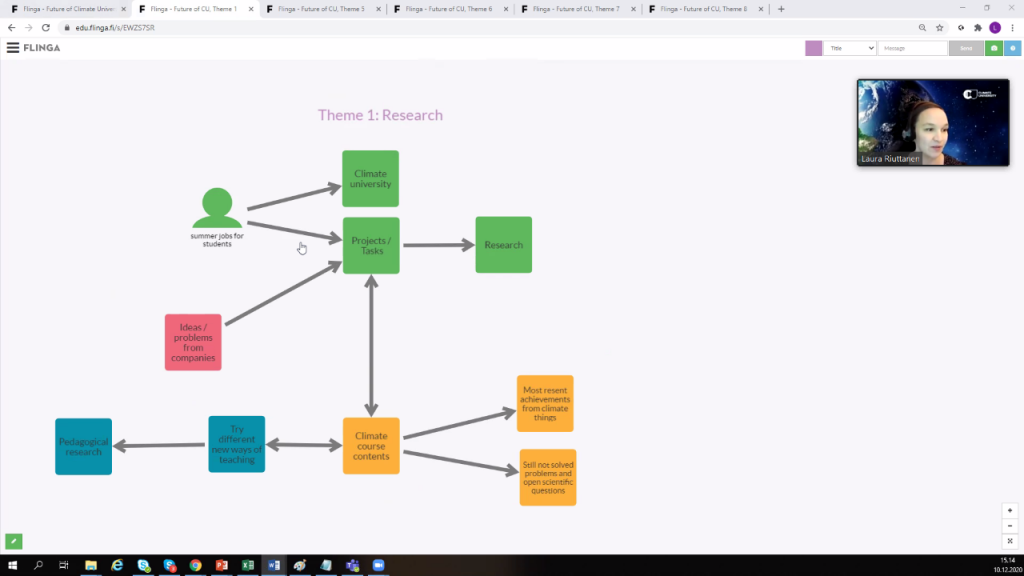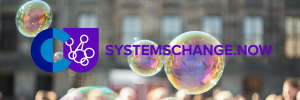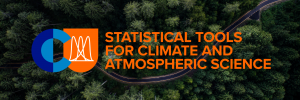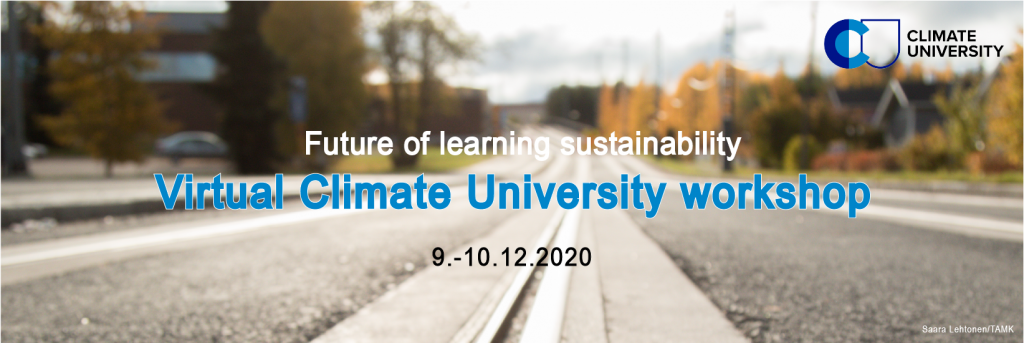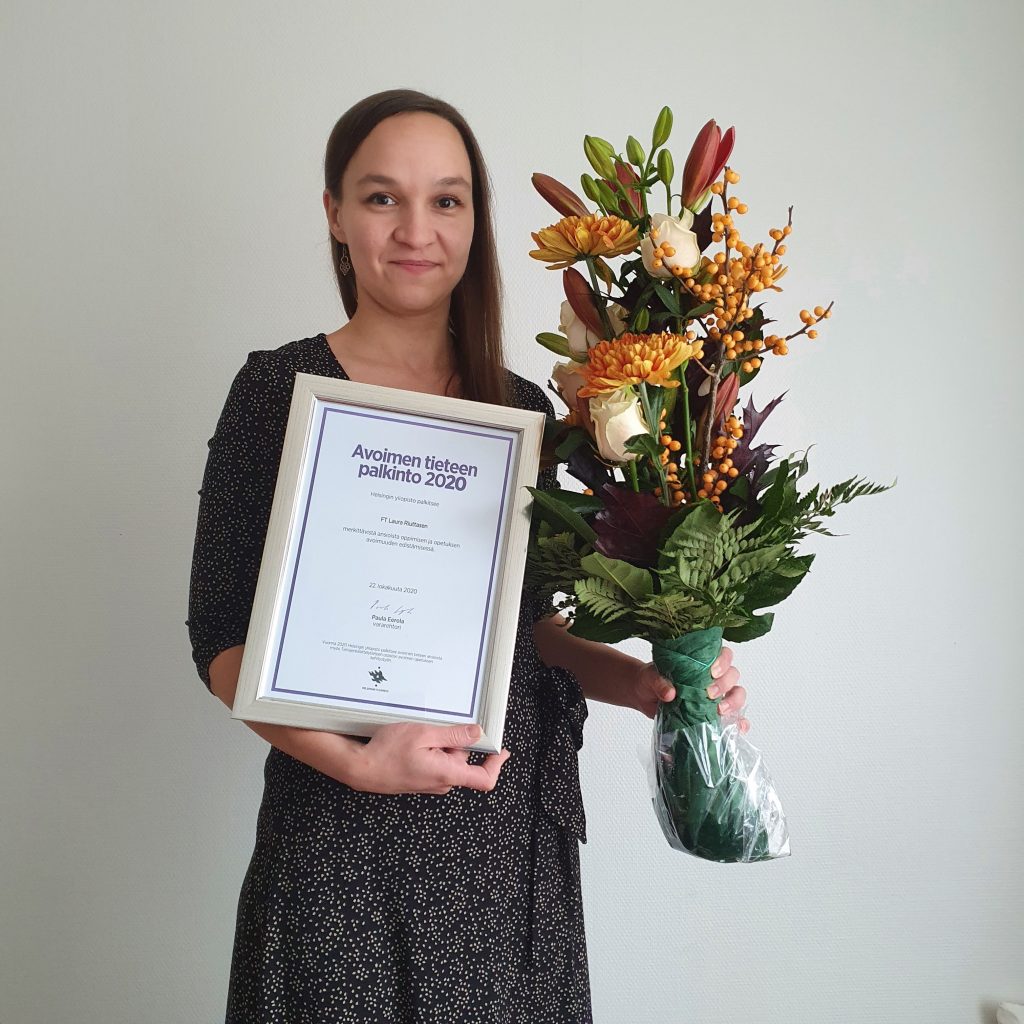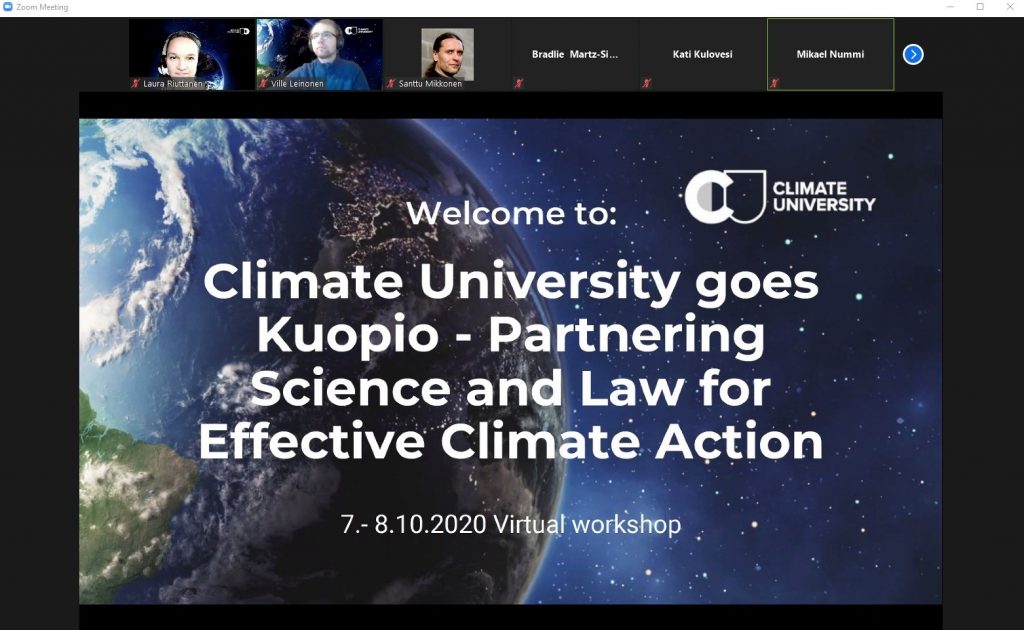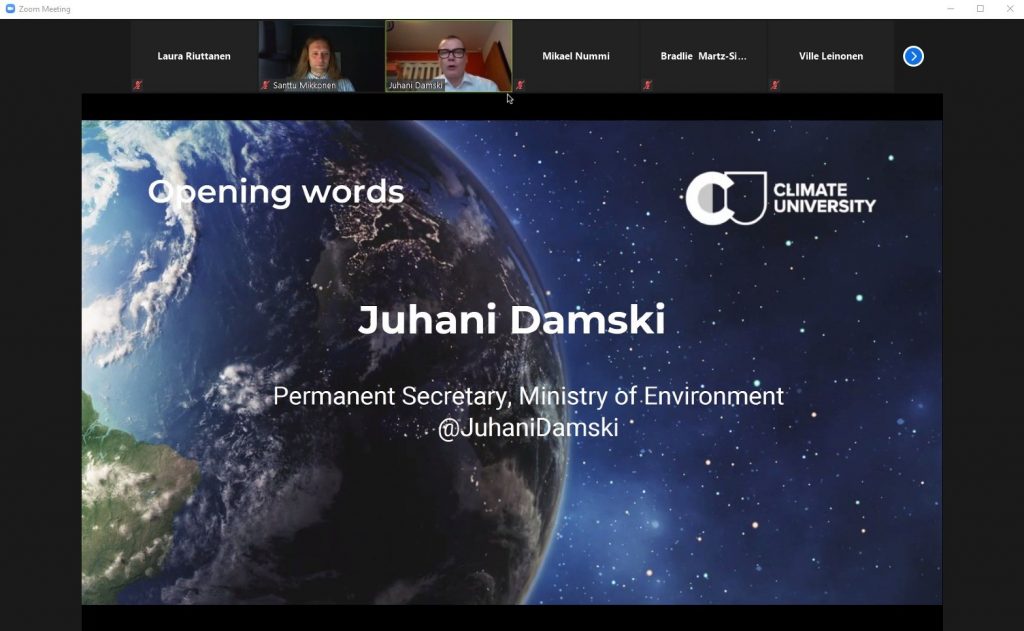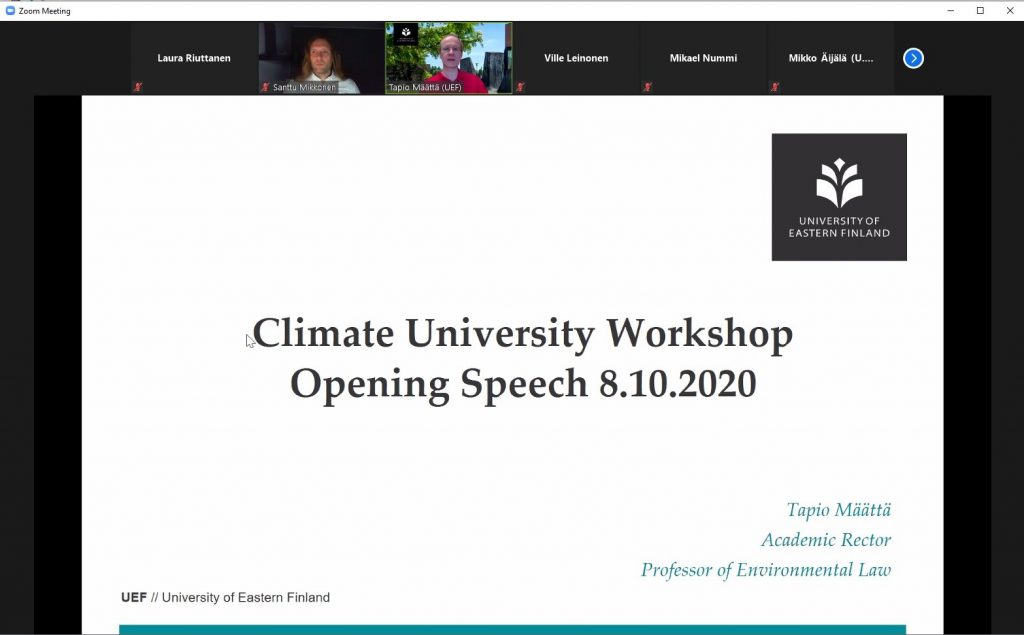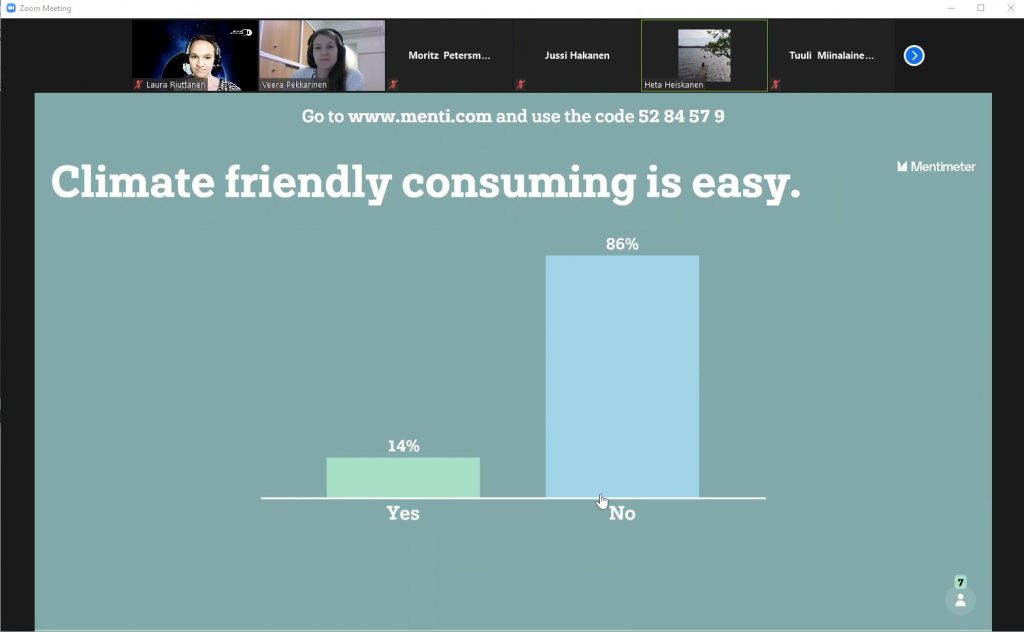The new language versions of the Climate University courses are now open and freely available:
Sustainable.now is a bachelor’s level basic course for anyone interested in sustainable development and climate change. The principles of sustainable development are linked to the 1.5 degree climate target. The course provides a solid information package on the concept of sustainable development and its ecological, social, economic and cultural dimensions, as well as the connections and tensions between them. The ethical perspective running through the course provides a basis for looking at sustainable development as a political and normative concept as well. The course also emphasizes the importance of agency as well as the different roles of the individual. The student is offered the opportunity to look at the sustainability of their own lifestyle from the perspective of individual choices, but on the other hand, sustainability and climate challenges are also presented as a structural and systemic problem. Practical examples and case descriptions illustrate sustainability challenges and their possible solutions. Through the team work assignments, the students deepen their understanding of sustainability challenges and receive peer support from other students. Team work assignments teach the student collective and multidisciplinary knowledge formation as well as collaboration skills that are essential in solving sustainability challenges. Find out more & link to the study material
The next opportunity to study the Sustainable.now course is offered by the University of Helsinki in September (course code ATM378). Follow CU blog, or join our email list for registration info and updates!
ClimateComms.now is a course about climate communication. What is the role of communication in solving the climate crisis? This course dives into the importance and challenges of communicating about climate change, and covers the factors of effective climate communication. During the course you learn to identify the different forms of communication related to climate change, to understand and critically analyze factors that are characteristic to climate communication and make it important yet challenging, to learn about issues that affect the messengers and recipients of climate change messages, and the keys to effective climate communication. Find out more & link to study material
The ClimateComms.now course you can study at least in the University of Oulu, starting in January 2022 (course code 766382A).
